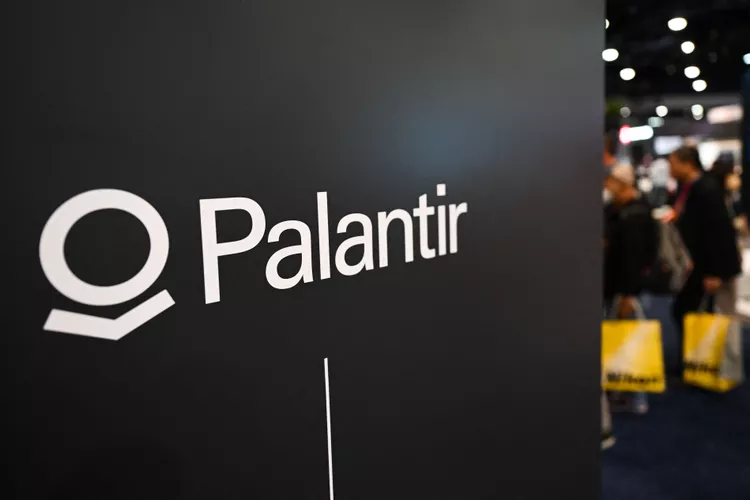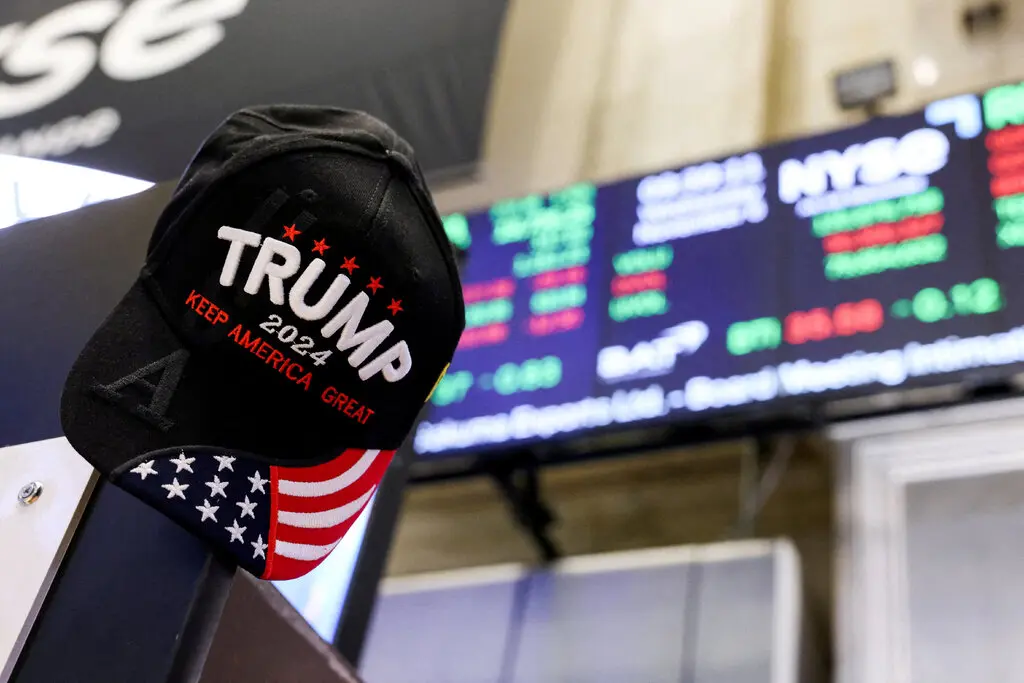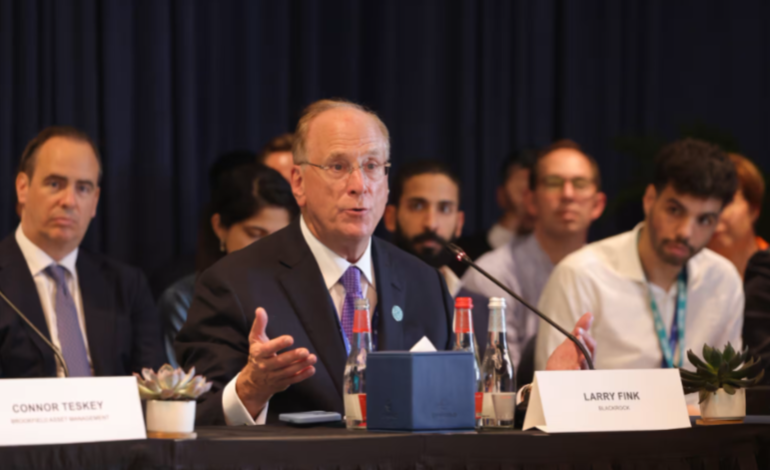At the Future Investment Initiative (FII) in Saudi Arabia, BlackRock CEO Larry Fink discussed the major forces he expects to drive the stock market over the coming years, spotlighting themes of digital transformation, decarbonization, and shifting economic dynamics, Market Watch reports.
The FII, organized by Saudi Arabia’s Public Investment Fund (PIF) — with assets totaling $925 billion — brings global corporate leaders together to discuss long-term investment strategies, particularly relevant given the complex global backdrop.
BlackRock, which has recently expanded its presence in Saudi Arabia with a new investment division based in Riyadh, holds a stake in the PIF, making Fink a central voice at this year’s forum. Fink argued that the significant capital investment required for decarbonization and digital infrastructure would be pivotal in powering equity markets for years.
“There’s $9 trillion sitting in money markets,” Fink noted.
He added that investments in infrastructure and AI-driven efficiencies, like those used by Walmart to manage its retail space, would create “an investment blossoming” that would sustain market momentum.
Fink acknowledged that current price-to-earnings (P/E) ratios are elevated, though he sees earnings catching up with these valuations, potentially tempering concerns of overvaluation. Another topic of his address was the traditional view on interest rates and economic growth, suggesting that higher interest rates might not slow the economy as expected. With an aging population increasingly inclined to save, the dynamics of rate impact could shift, he argued. Fink also noted that most American homeowners hold 30-year fixed-rate mortgages, which buffers many from immediate effects of rate hikes, adding a layer of resilience to the economy.
Citadel CEO Ken Griffin also shared insights, pointing to political factors as a near-term influence on markets. Griffin suggested that once the US election uncertainty lifts, markets would likely react positively.
“The reduction in uncertainty is almost always positive for asset prices,” Griffin remarked.
With the 2024 election expected to be highly competitive, Griffin anticipates a “risk-on” environment post-election as investors adjust to whichever administration takes office.









